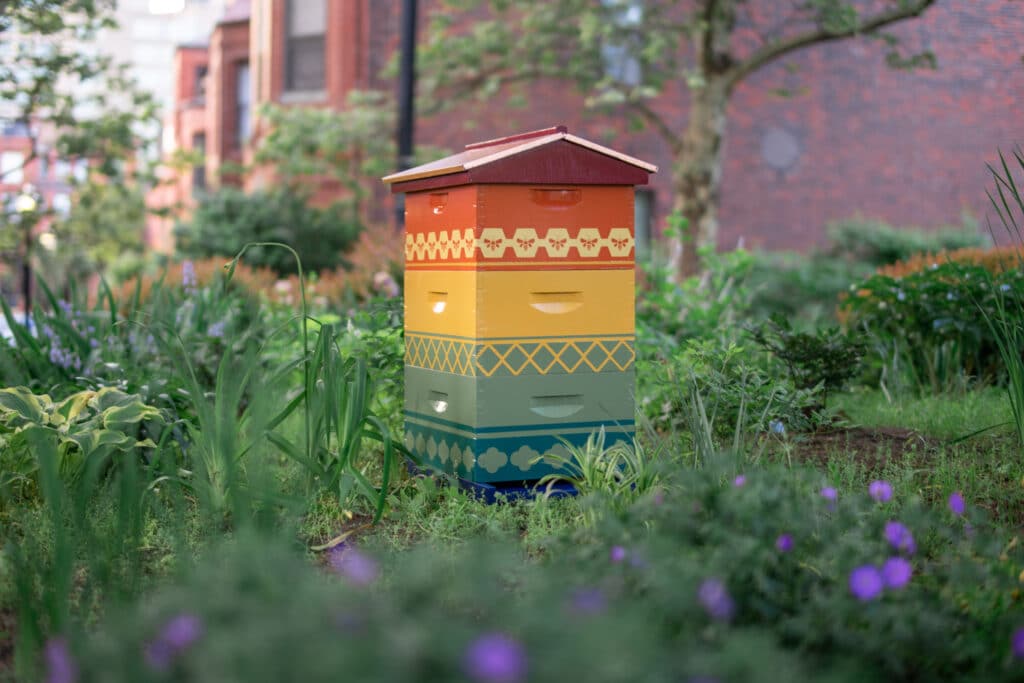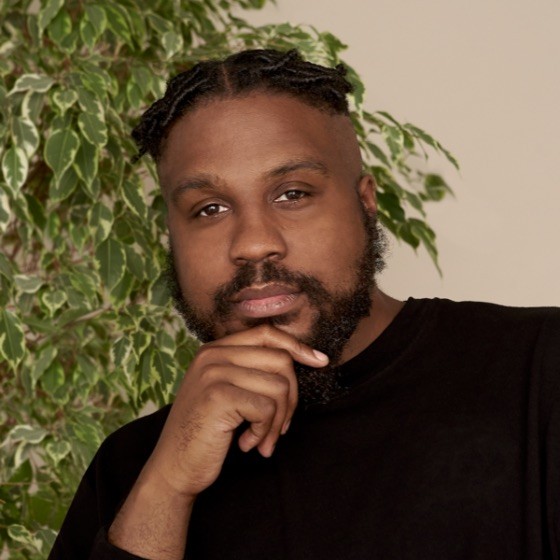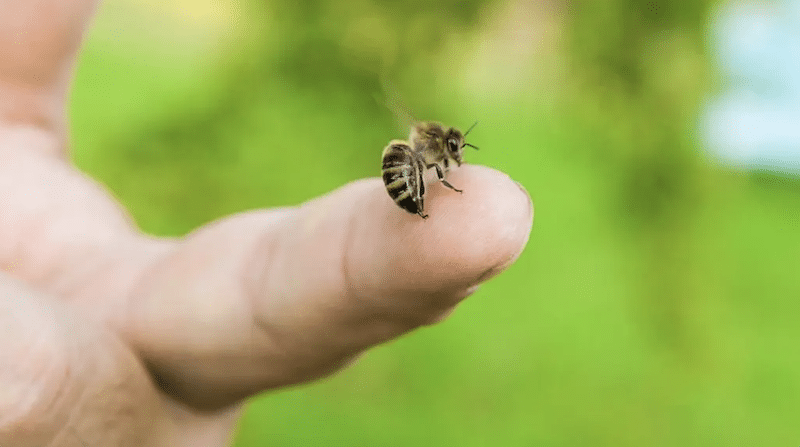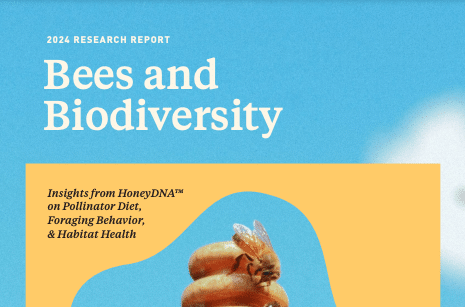Contents
Best Bees and Pride Month
Here at Best Bees, we are passionate about honey bees and the future of scientific-inspired beekeeping. While our #NextGenBeekeeper series features some of the best and brightest, we want to highlight the efforts of our fellow LGBTQ+ beekeepers that are committed to protecting, preserving, and promoting pollinator health in their communities.
As a queer led company, we’ve had a very busy Pride Month. The Boston Business Journal Business of Pride awards recognized Best Bees as number 6 this year in their inaugural list. Our LGBTQIA+ shirts have made a comeback — we’re donating 100% of the proceeds to Rock Steady Farm & Flowers‘ Food Access Fund, whose mission is to increase equity in the food system and create safer spaces for queer and BIPOC farmers to thrive.
As Pride month comes to an end, let’s continue supporting our LGBTQIA+ organizations all year round. As you reflect back on the importance of June, keep these following beekeeping companies and beekeepers in mind as they help save the bee population one day and hive at a time.
LGBTQIA+ Beekeepers and Organizations
Dr. Samuel Ramsey
Dr. Samuel Ramsey is a scientist and beekeeper, who discovered that varroa mites eat the fat off of bee larvae and not the bee’s blood. Founder and director of the Ramsey Research Foundation focused his research on the close relationships between insects and other creatures. He would eventually dedicate his doctoral research to understanding the Varroa destructor, a parasite killing honey bees throughout the world.
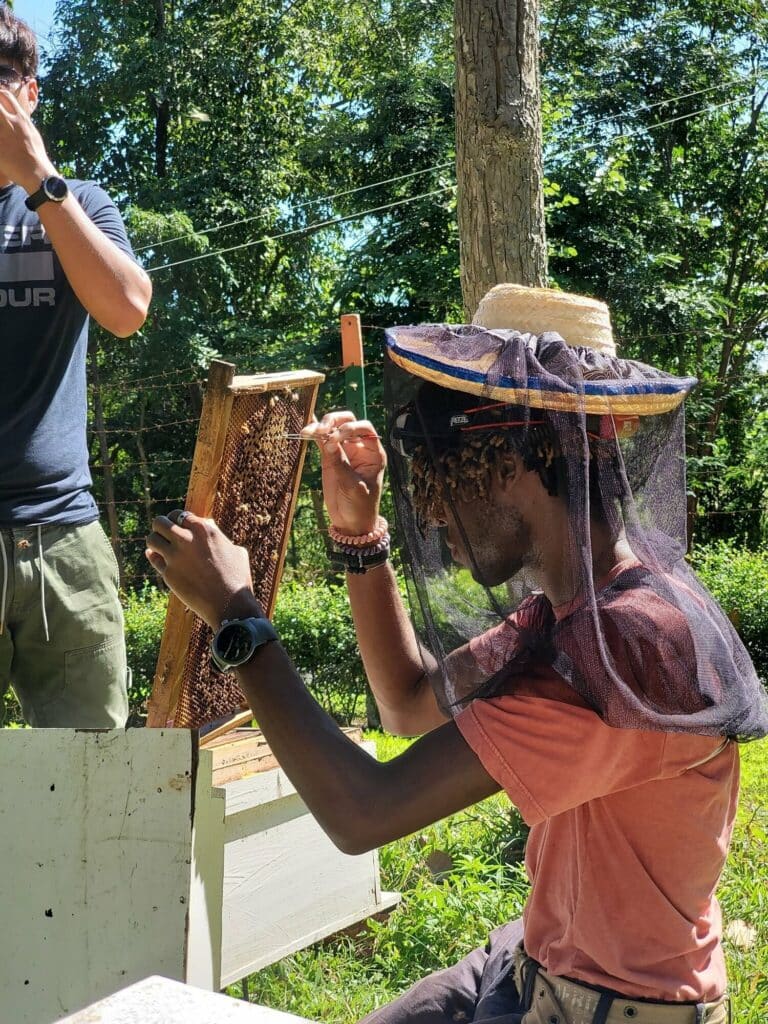
Dr. Sammy, better known as “Your Friendly Neighborhood Entomologist,” demonstrates bees and other insects’ needs and value through his research. He is currently raising funds to support an international research initiative to protect honey bees from the non-native Tropilaelaps mite. This pest is currently spreading outside of its native range threatening bees throughout the globe.
It’s important that we learn more about this threat to bees through research. To support Dr. Ramsey’s efforts and research, you can donate here.
Bees in the D
Founded by Brian Peterson-Roest, Bees in the D created a cooperative effort between residents, schools, organizations, and businesses in the city of Detroit and Southeast Michigan to contribute to both the health of honeybee colonies and native pollinators, and the education of their importance to our environment.
Their network of urban honey bee hives are used to educate others on the importance of pollinators of all ages. For example, Bees in the D provides hands-on learning experiences inside the hive for students and even partnered with the Girl Scouts of Southeast Michigan to earn a beekeeping patch.
Bees in the D is helping the bee population thrive in Detroit. Since 2016, they have introduced almost 10 million bees and counting.
For ways to get involved, check out the Bees in the D website.
The Ambeesadors
Steve Rogenstein, the founder of The Ambeesadors, fell in love with bees and has used his unique skills to organize honey festivals in both New York City and Barcelona.
Through events, research, education, art, and partnerships with bee guardians (aka beekeepers), scientists, educators, activists, artists, beekeeping groups, farmers, NGOs, governmental agencies, and other bee advocates, The Ambeesadors are spreading awareness about the importance of bees.
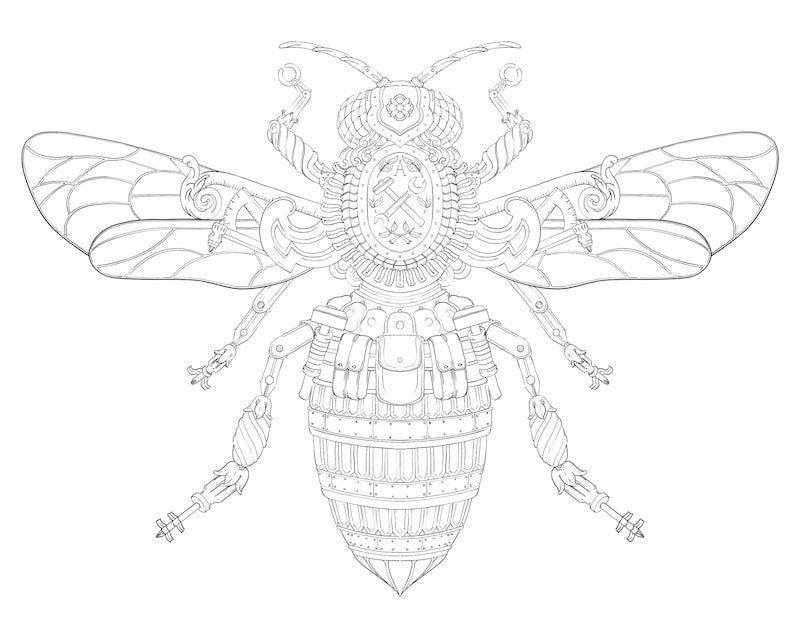
The Ambeesadors partnered with The Best Bees Company and Urban Beekeeping Laboratory & Bee Sanctuary to understand the genomic sequence of Australian Honey in order to map out flora that were resistant, resilient, or lost to the 2019–2020 wildfires, with the aim of partnering with beekeepers, beekeeping associations, scientists, and government agencies to devise preventative measures to mitigate future disasters caused by the Climate Crisis.
To learn more about the Australian HoneyDNA: Citizen Science project and how bees can be used to study disaster prone sites, check out the report summary here.
They Keep Bees
After volunteering with a small beekeeping collective, Ang Roell helped start the Boston Area Beekeeping Association and the infamous Boston Tour De Hives, a bicycle apiary tour. Shortly after, Ang found a home and community in Western Massachusetts. In that community, They Keep Bees was formed.
They Keep Bees includes cultivating queen bees that are adaptive to ever changing climates. The beekeeping services offered include purchasing, individual and group classes, and consultations for one-on-one apiary projects.
TKB has a selection of biodiverse and adaptive bees that are localized bioregions and can help move the industry forward. If our bees are resilient, so will our survival on this planet.
For more information on TKB’s that are resistant to the Varroa mites, check out their FAQ here.
The Bee Conservancy
The Bee Conservancy values protecting bees, building habitat, and strengthening communities together. Founder and Executive Director Giermo Fernandez is a master beekeeper candidate and an urban beekeeper for a decade. Having grown up in a food desert, he believes bees are the key to transforming our food system and ensuring that everyone has access to healthy, local foods.

Founded in 2009 because of the global crisis of bee populations, The Honeybee Conservancy relaunched as The Bee Conservancy in 2020 to better capture our work protecting all bees and securing environmental and food justice through education, research, habitat creation, and advocacy.
One of their most recent accomplishments includes installing a Bee Sanctuary at the Prospect Park Zoo in Brooklyn. Their flagship program, Sponsor-a-Hive, has served hundreds of thousands of people across the United States, and protected an estimated 10 million bees to date.
For more information on ways to take action, consider partnering with them to create a lasting impact in your local communities.
Celebrating Pride Month 2021
With beekeepers and organizations using science and the power of volunteers to save the bee populations, we’re very hopeful for our planet. And as Pride Month comes to an end, we’re simply proud to be(e) our true selves in a very supportive beekeeping community.


